
Pakistan’s National Action Plan to Fight Militancy Is Back on the Table
The DiplomatThe resurgence of Tehreek-e-Taliban -led terrorism in Pakistan has once again brought the country’s National Action Plan against militancy into the spotlight. “Soon after the Afghan Taliban’s takeover of Afghanistan, the idea of peace talks with the TTP was coined, which further dented the NAP,” he said, stressing that the “NAP was a consensus document, which had clearly ruled out talks with groups opposed to Pakistan’s constitutional framework.” In another issue, provincial governments in Pakistan have failed to coordinate their counterterrorism efforts over the years. Pointing out that the “NAP’s original purpose was to identify and counter the roots of Islamic extremism,” Jeffrey said that “political parties, particularly those with Islamist leanings, still feel that trying to implement some points of the NAP can cost them a lot of political capital, which they are simply unwilling to risk.” Tahir Khan, a Pakistani journalist who has reported on militancy in the Afghanistan-Pakistan region, told The Diplomat that it was an error that policymakers in Islamabad saw the drop in militant attacks over the years as a success, meaning they ignored the NAP’s long-term vision and overlooked signs of the return of militancy. Michael Kugelman, who is the deputy director of the Asia Program and senior associate for South Asia at the Woodrow Wilson Center, believes the NAP failed the first time because there was not “enough focus on tackling the ideologies that fuel extremism and terror.” He said the resurrection of the NAP looks similar to when it was initially implemented nearly a decade ago:“There will be an emphasis on kinetic activities to go after terrorists through arrests and other legal measures, and likely soon through a military offensive.” An official from Pakistan’s interior ministry said that the idea to engage the TTP was done in “good faith.” “Talking to groups that want to talk is not an antithesis to NAP,” he contended. Khan pointed out that “Pakistan’s statements about military operations inside Afghanistan will prove counterproductive… There is a deep mistrust between Pakistan and the Afghan Taliban government and targeting the TTP in Afghanistan will make the situation worse.” Kugelman believes that to make the NAP more effective this time, Pakistan must “go beyond the counterterrorism elements to focus on the preemption of the emergence of tomorrow’s terrorists.” “And that entails removing the ideologies that fuel extremism and terror and the platforms and networks that nurture and project these ideologies,” he said.
History of this topic
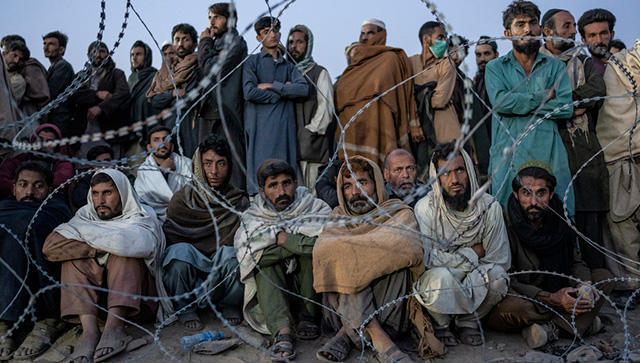)
Biting those hands that fed them: How TTP, ISKP are threatening Pakistan's national security
Firstpost
Pakistan Taliban Issues New ‘Terror Hit-List’ Featuring Names of Maryam Nawaz, Rana Sanaullah
News 18
Amid turmoil, Pakistan to launch operation against armed groups
Al Jazeera
The Twin Factors Behind Pakistan’s Growing TTP Problem
The Diplomat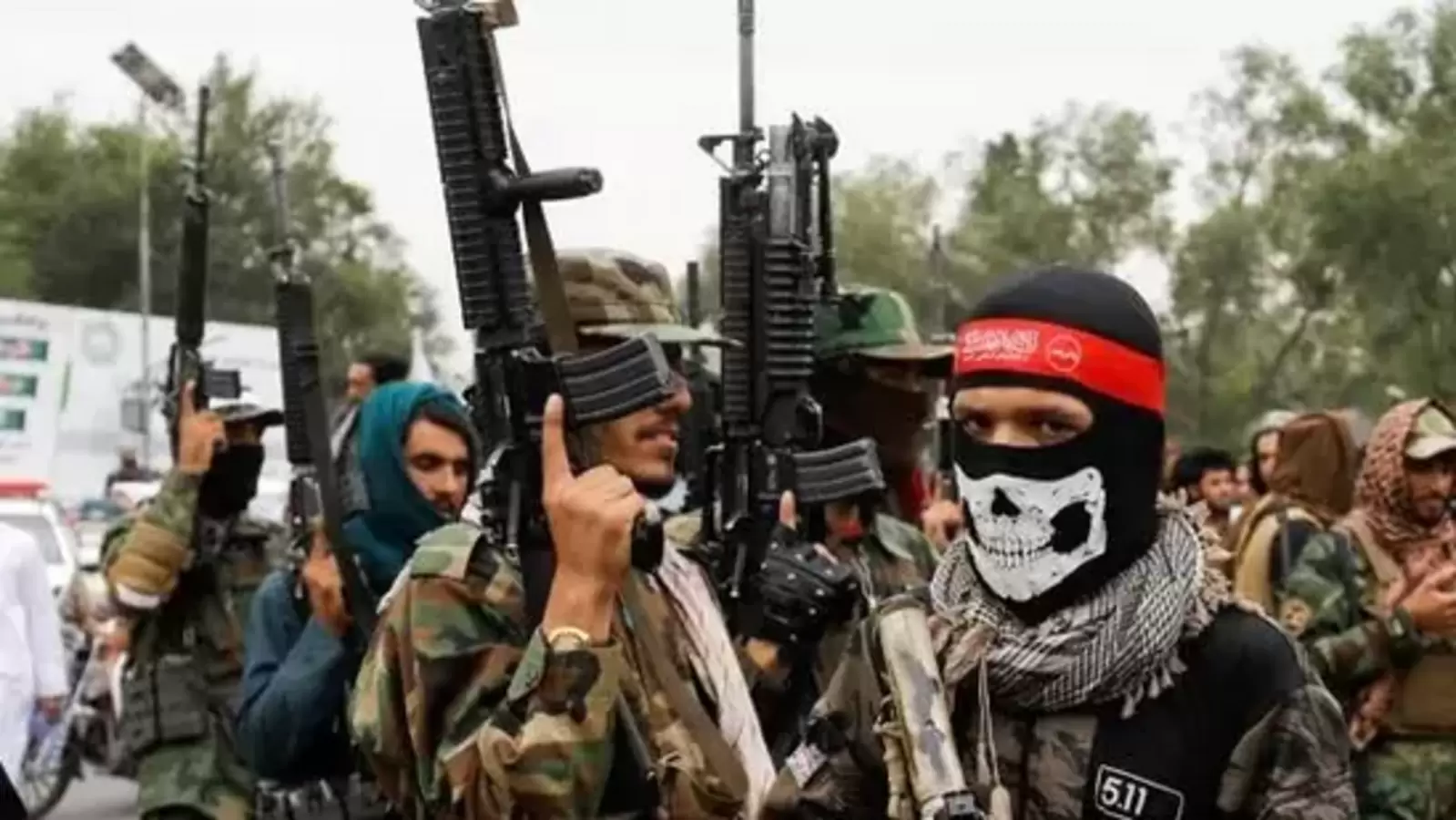
Revenge, attack and not ceasefire: Tehrik- e-Taliban's new decree
Hindustan TimesDiscover Related

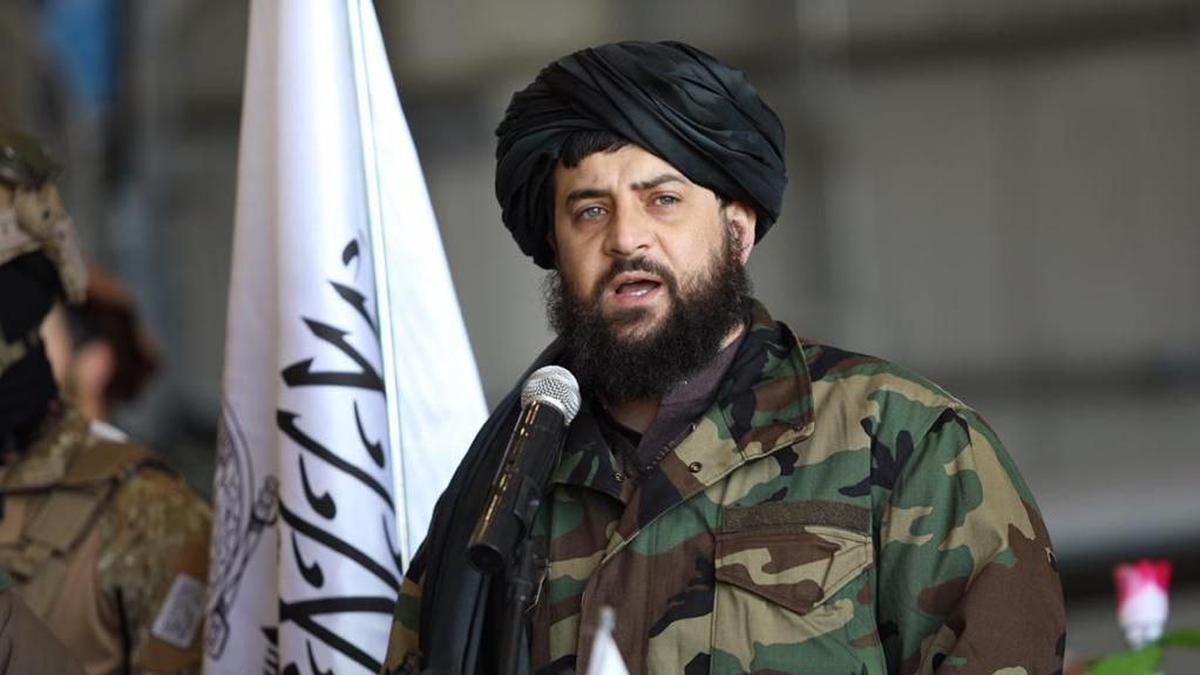





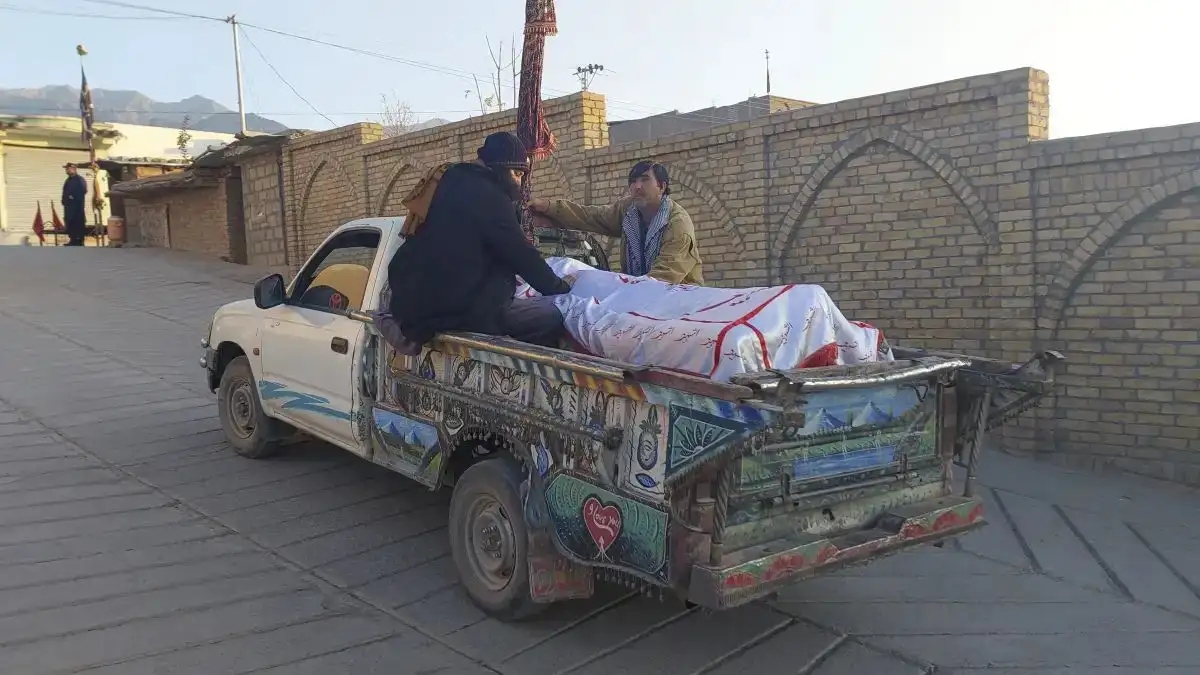








)


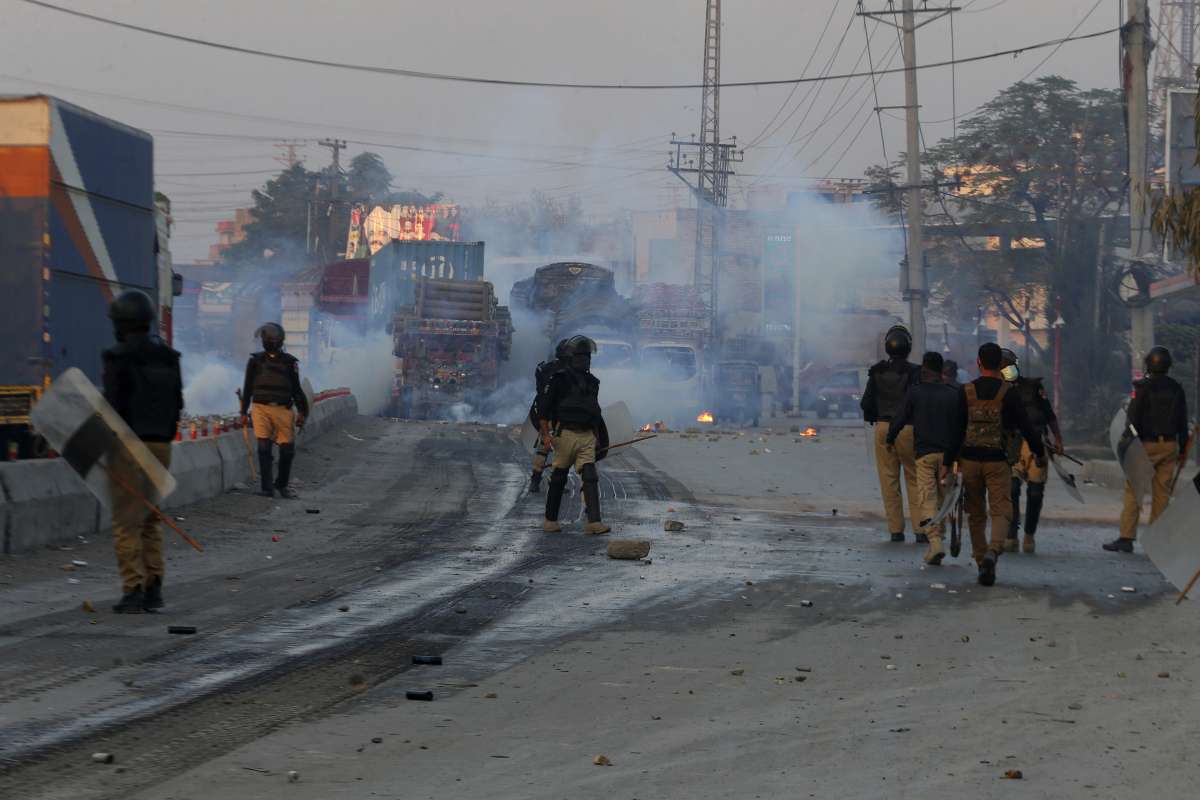
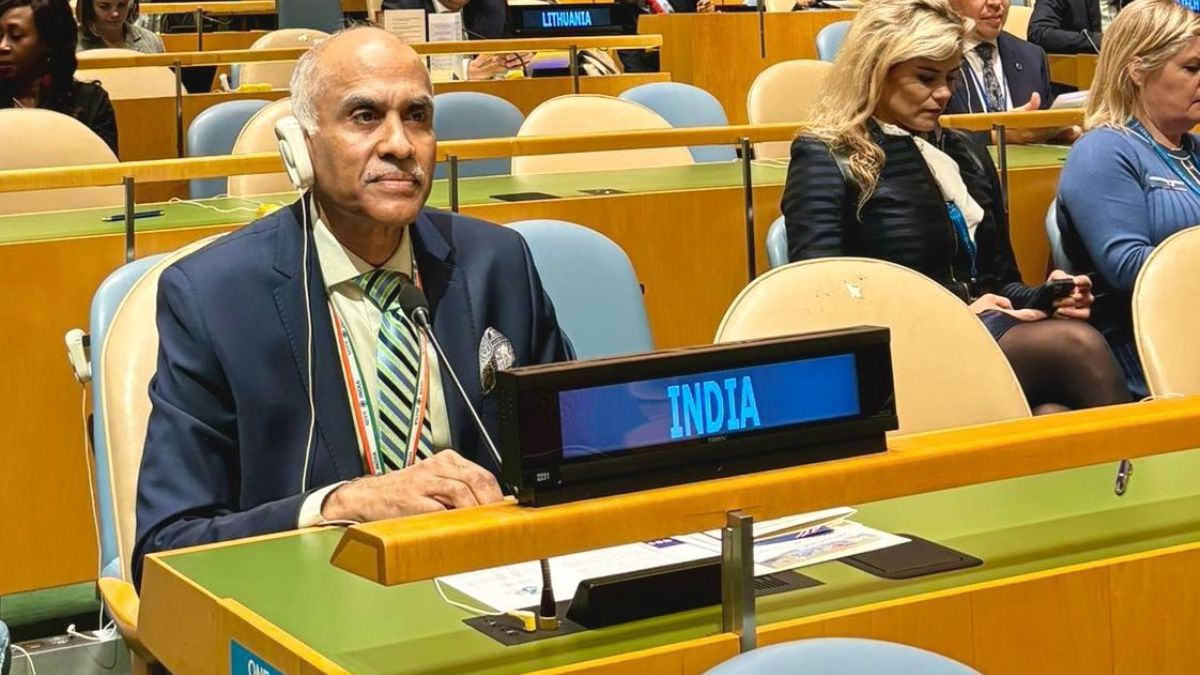
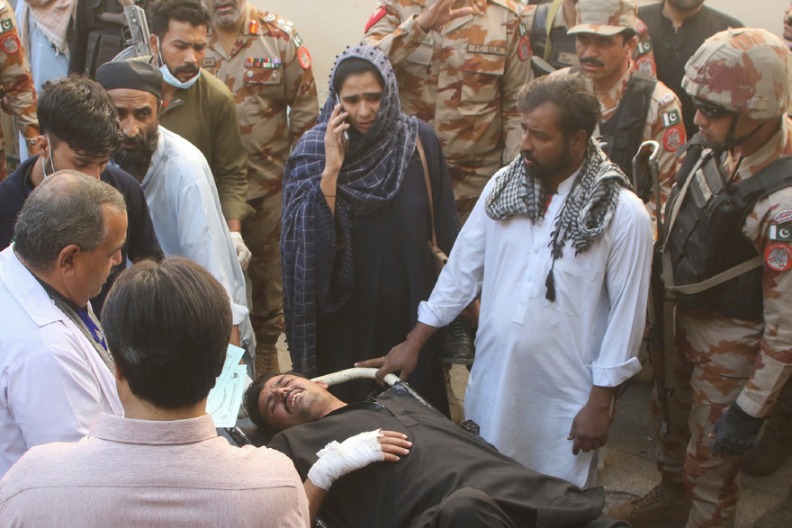
)
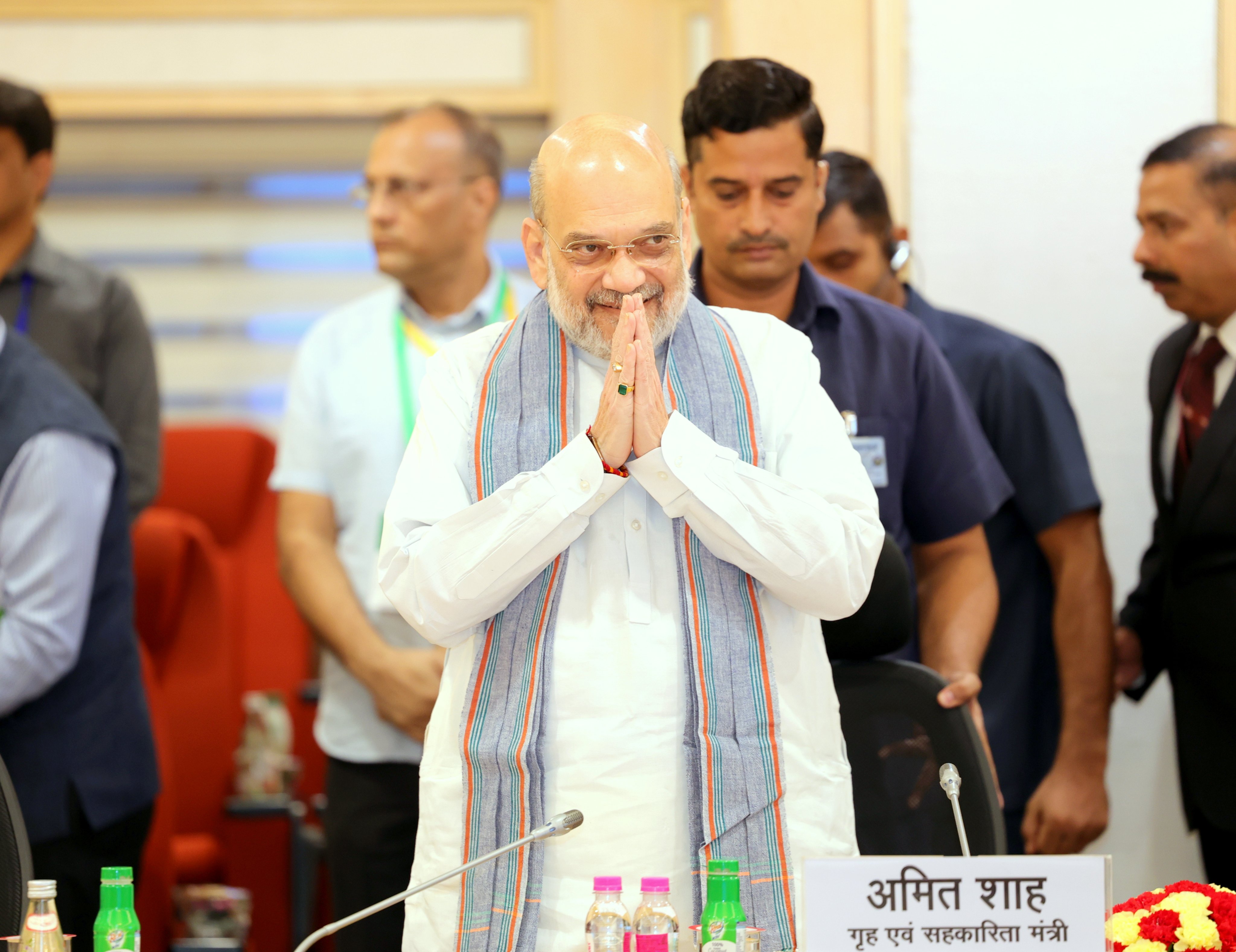
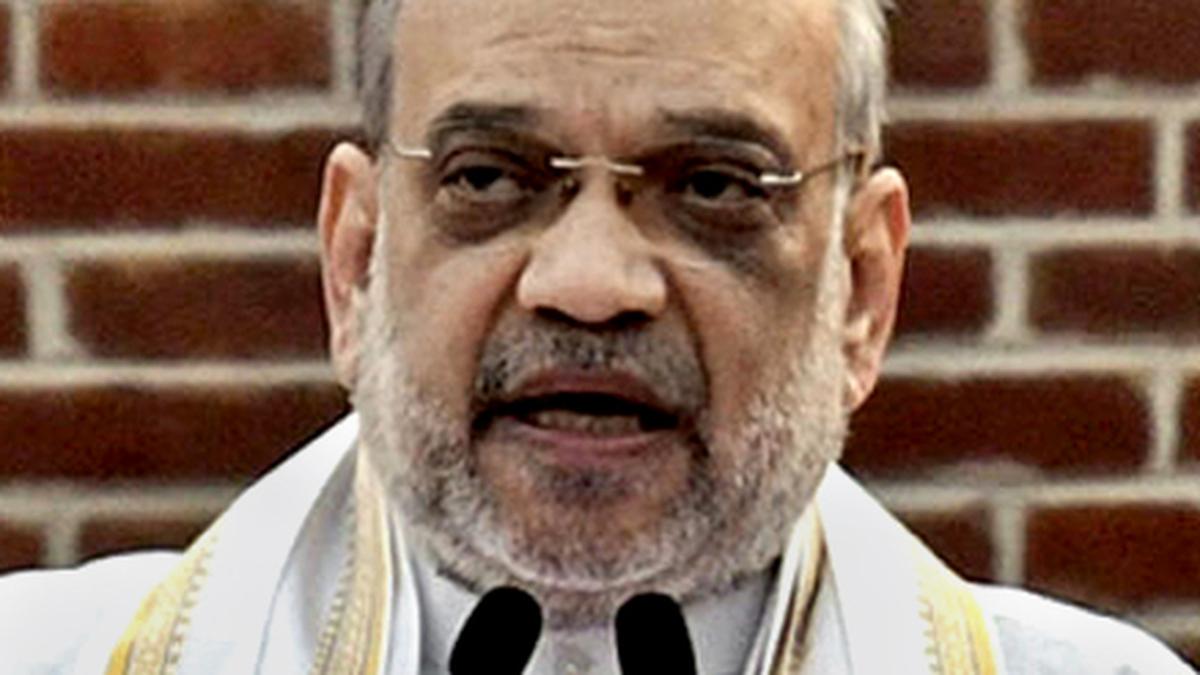
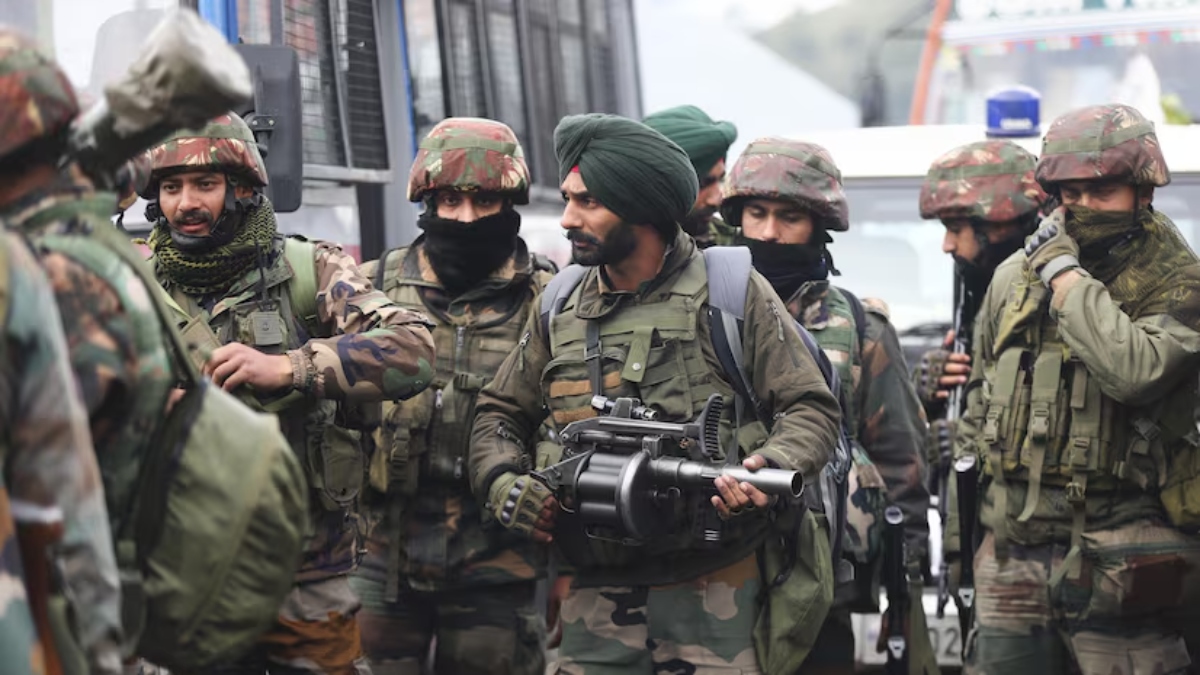

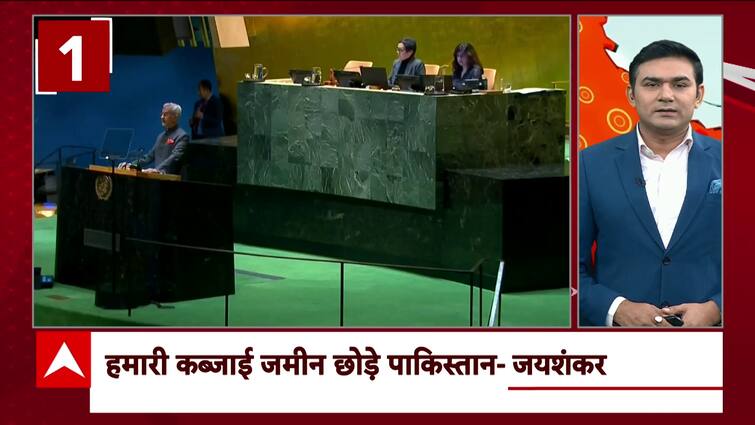

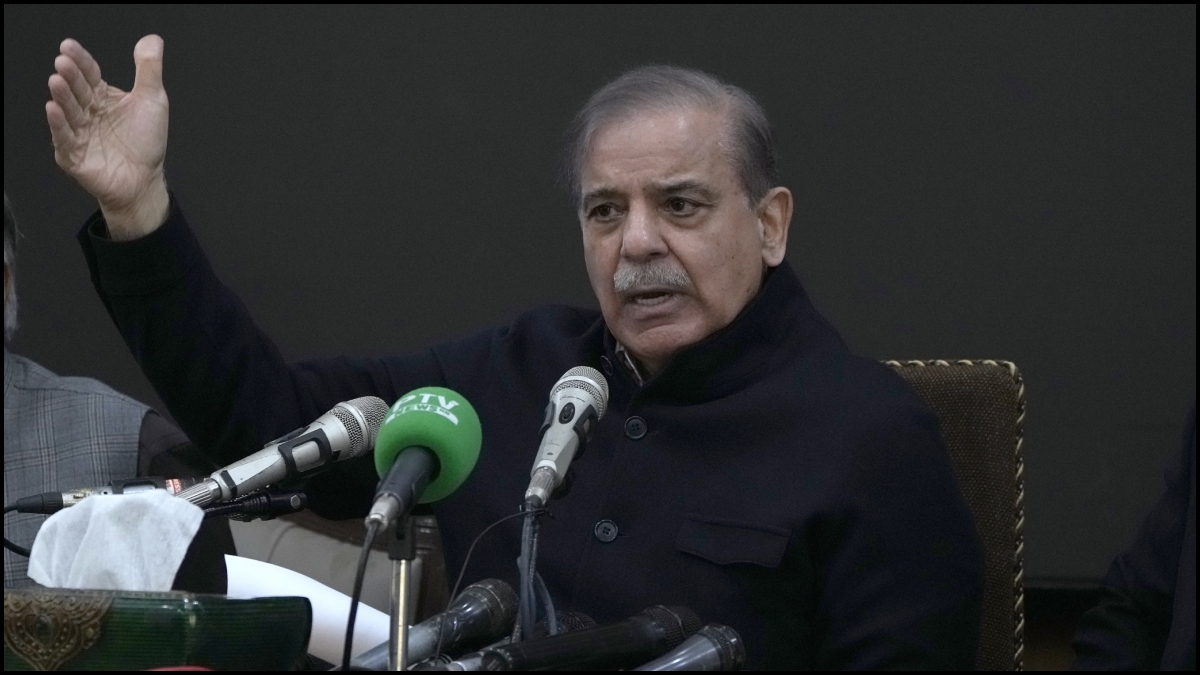




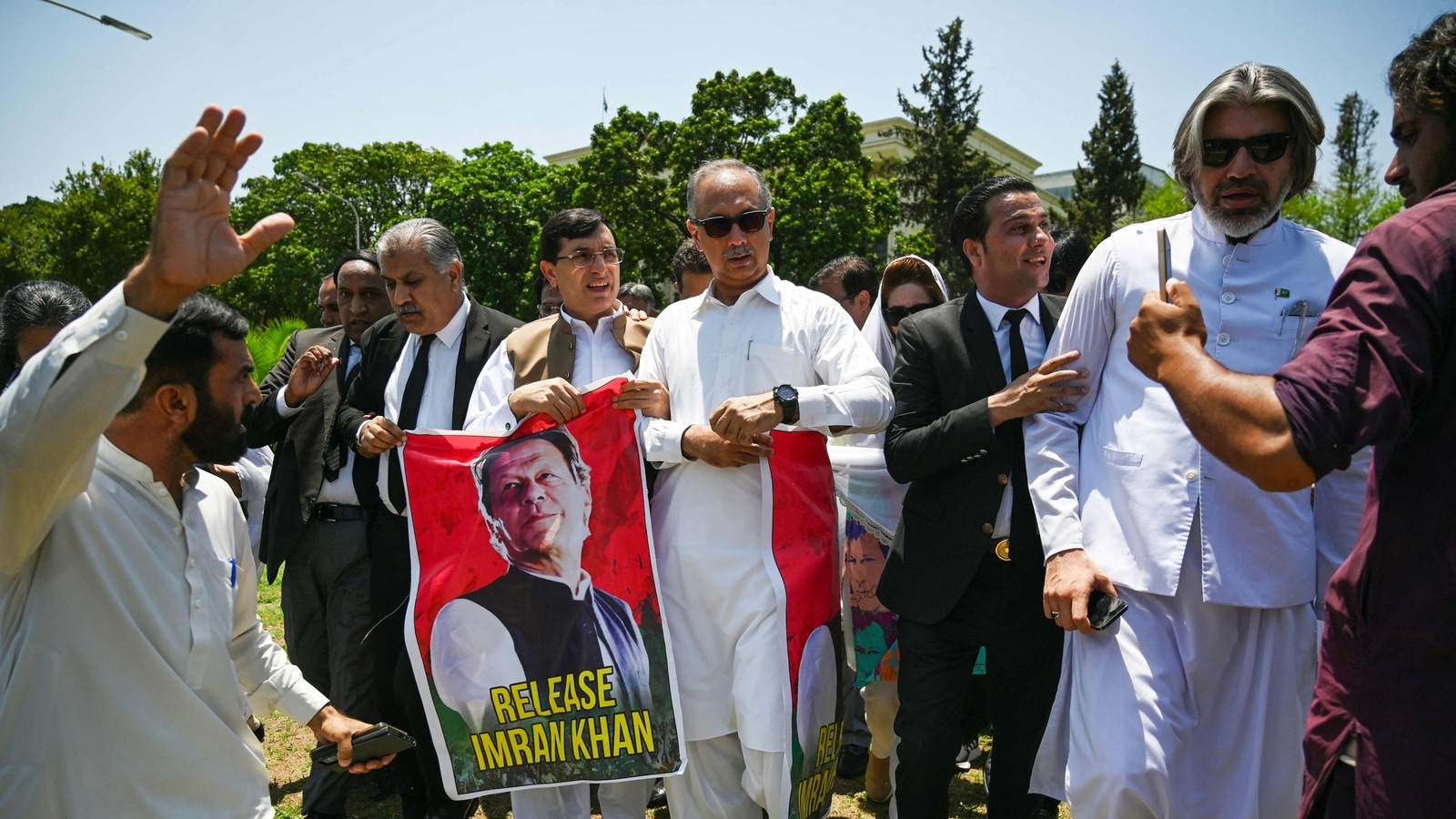

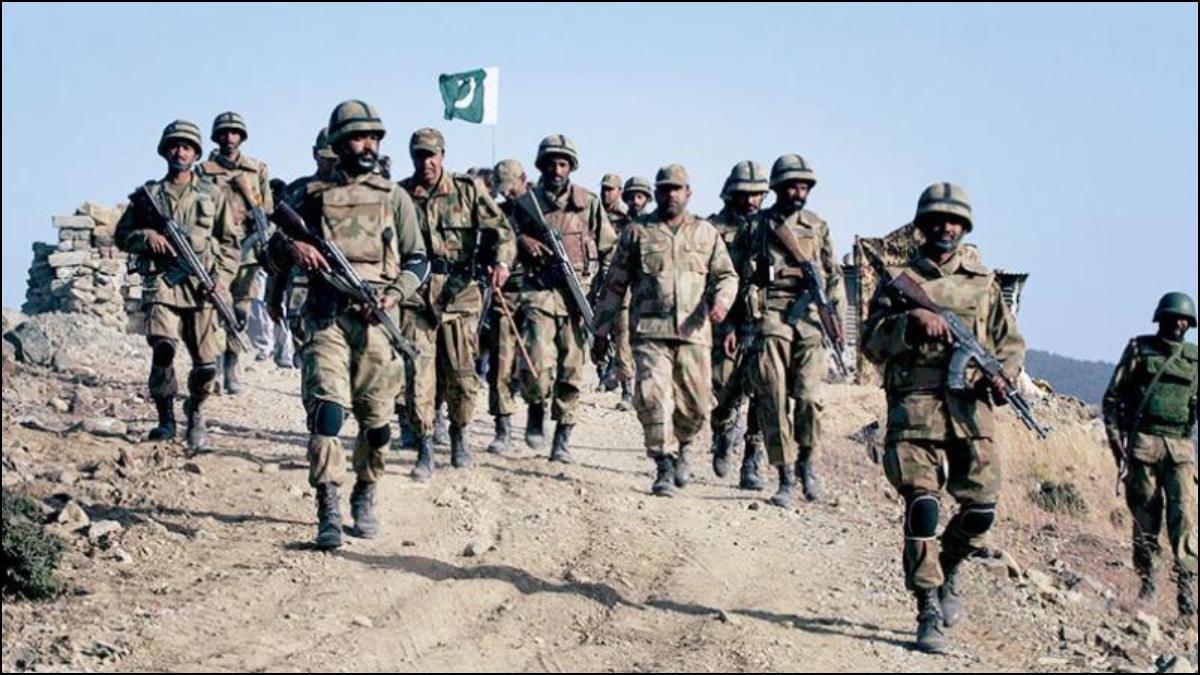
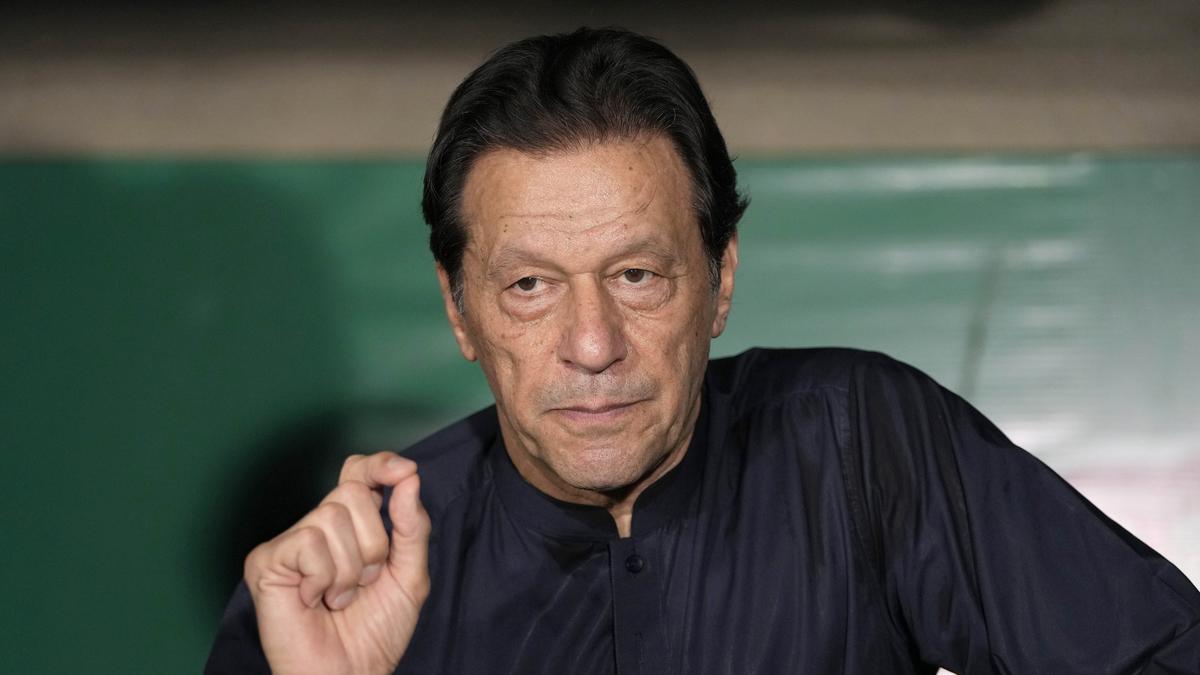




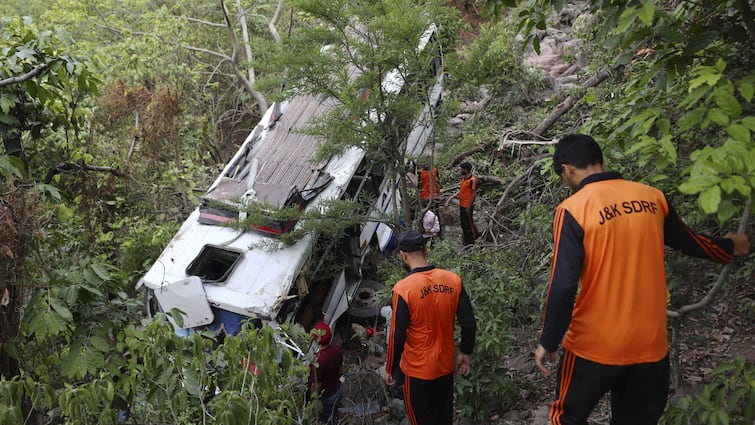
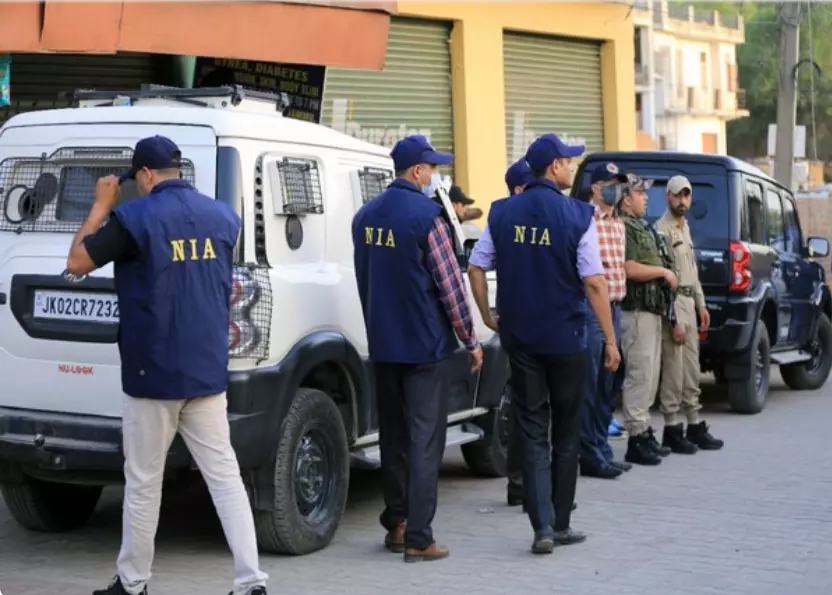

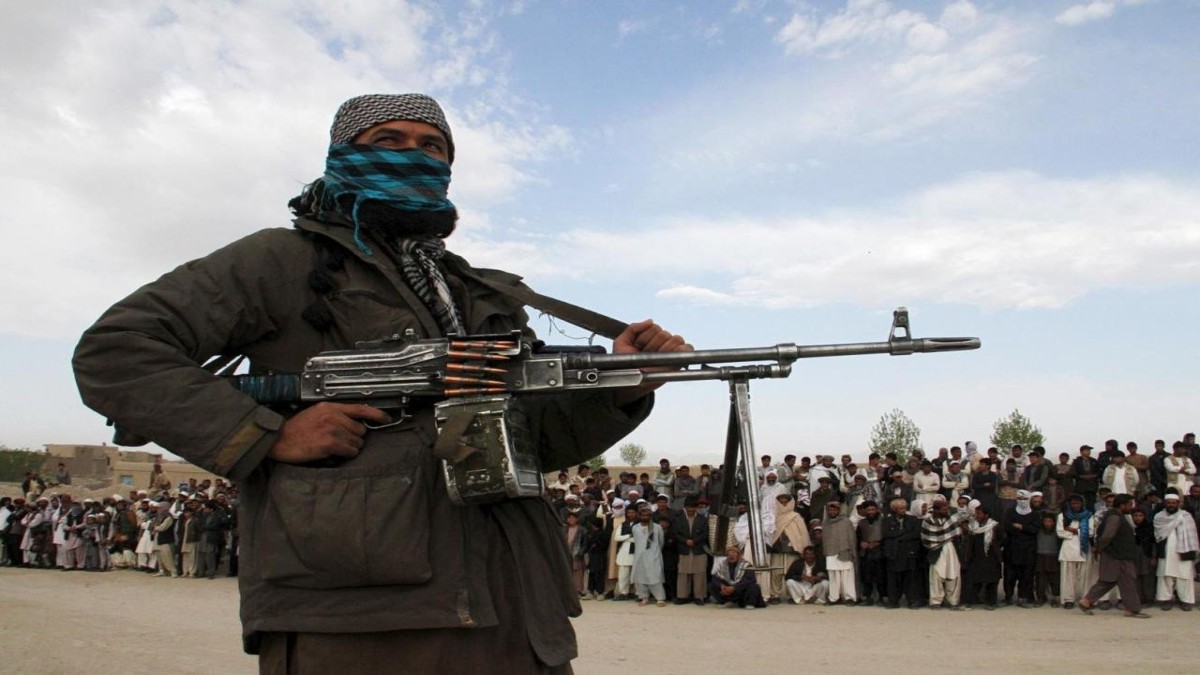)